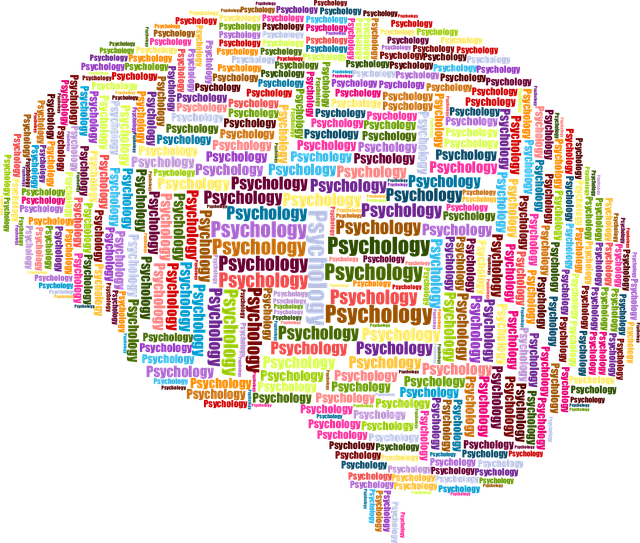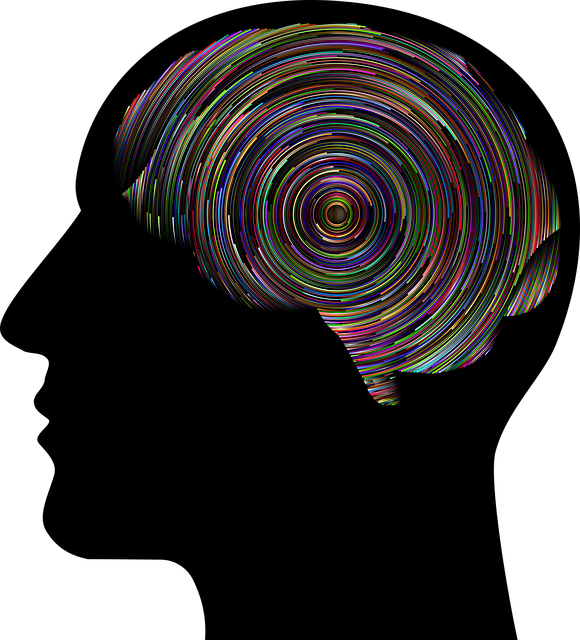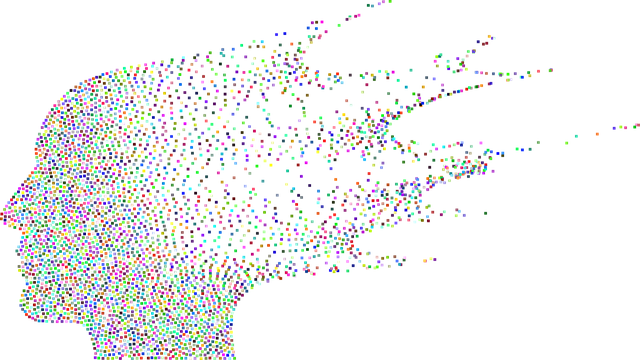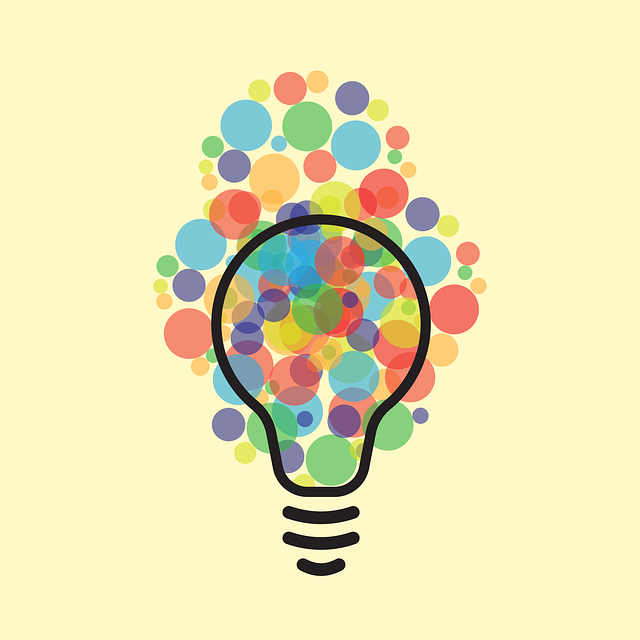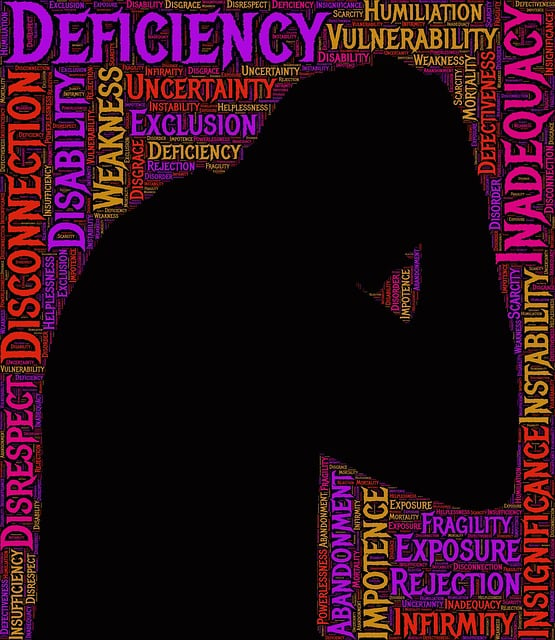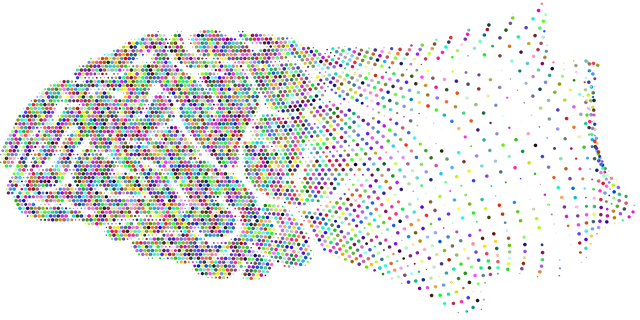Mental wellness is a crucial aspect of overall well-being, influenced by emotional, psychological, and social factors. Imbalances can lead to conditions like depression or anxiety, highlighting the need for support systems such as Lone Tree Depression Therapy. A comprehensive mental health policy focusing on early intervention and crisis guidance is essential. Journaling, combined with therapy, is a powerful self-care tool fostering introspection, mindfulness, and emotional regulation. Personalized journaling routines, including prompts and creative expressions, enhance mental wellness. This practice encourages self-awareness, identifies thinking patterns, and reduces stress. By reflecting on journal entries, individuals gain insights into their mental health journey, enabling tailored strategies for management and resilience building.
“Unwind your mind and embark on a journey of self-discovery with mental wellness journaling. In today’s fast-paced world, prioritizing our emotional well-being is paramount. This article guides you through transforming your journal into a sanctuary for reflection and growth.
We’ll explore how Lone Tree Depression Therapy can benefit from this simple yet powerful practice, offering insights on understanding mental health and its impact on daily life. Learn effective techniques to capture your thoughts, emotions, and reflect upon them to enhance your overall mental wellness.”
- Understanding Mental Wellness and its Impact on Daily Life
- Journaling as a Powerful Self-Care Tool
- Setting Up Your Journal for Success: Tips and Tricks
- Capturing Your Thoughts and Emotions: Techniques to Enhance Transparency
- Reflecting and Growing: Analyzing Your Journal to Improve Mental Health
Understanding Mental Wellness and its Impact on Daily Life

Mental wellness is a crucial aspect of our overall well-being, influencing how we think, feel, and act in our daily lives. It encompasses our emotional, psychological, and social health, affecting our ability to cope with stress, make choices, and relate to others. While mental wellness varies from person to person, imbalances can lead to conditions like depression, anxiety, or even more severe cases that may require professional help, such as Lone Tree Depression Therapy.
Understanding mental wellness is essential in today’s fast-paced world where stress and pressure are prevalent. A comprehensive mental health policy analysis and advocacy is necessary to address the growing need for accessible and effective support systems. This includes promoting early intervention strategies and crisis intervention guidance to mitigate risks, as highlighted in risk assessments for mental health professionals. By prioritizing mental wellness, individuals can enhance their resilience, improve relationships, and lead more fulfilling lives.
Journaling as a Powerful Self-Care Tool

Journaling is a powerful self-care tool that can significantly contribute to one’s mental wellness, especially when combined with Lone Tree Depression Therapy. By committing thoughts and feelings to paper, individuals create a safe space for introspection and reflection. This practice allows for a deeper understanding of oneself, helping to identify patterns, triggers, and sources of stress or joy. It fosters mindfulness, encouraging present-moment awareness and promoting emotional regulation skills.
Incorporating Mindfulness Meditation techniques into journaling routines can enhance its benefits. Mentally scanning the body, focusing on the breath, and observing thoughts without judgment are practices that support mental health. Additionally, engaging in regular Mental Wellness Coaching Programs Development can provide structured guidance and accountability, making journaling a consistent part of one’s self-care routine. Just as Mental Health Policy Analysis and Advocacy plays a crucial role in shaping broader societal support for mental wellness, personal journaling contributes to individual resilience and overall well-being.
Setting Up Your Journal for Success: Tips and Tricks

Starting a mental wellness journal is an empowering step towards self-care and understanding your emotional state. To set yourself up for success, begin by choosing a space where you feel comfortable and safe to express yourself honestly. Consider using a physical notebook or a digital tool designed for journaling, allowing you to customize the experience. Create a routine by dedicating specific time each day for this practice; consistency is key in reaping the benefits. Make it personal – incorporate prompts that resonate with your needs, such as exploring emotions, setting intentions, or reflecting on life experiences.
Incorporating elements like gratitude lists, affirmations, or creative expressions can enhance the process. For instance, Lone Tree Depression Therapy suggests using art or symbols to represent your feelings, offering a unique way to communicate complex emotions. Remember, there’s no one-size-fits-all approach; tailor your journal to support your mental wellness journey. As you grow and reflect, consider exploring Empathy Building Strategies or even starting a Mental Wellness Podcast Series Production to share insights with others facing similar challenges.
Capturing Your Thoughts and Emotions: Techniques to Enhance Transparency

Capturing your thoughts and emotions through journaling is a powerful tool for enhancing mental wellness. It encourages individuals to explore their inner world, fostering self-awareness and introspection. By dedicating time to record their feelings, fears, and aspirations, people can gain valuable insights into their minds, much like Lone Tree Depression Therapy guides its clients. This practice promotes transparency with oneself, enabling individuals to identify patterns in thinking and emotional responses.
Journaling allows for a safe space to express vulnerability without judgment. It’s an effective way to process complex emotions, reduce stress, and prevent burnout—a common issue among many professionals. Incorporating this habit into daily routines can enhance cultural sensitivity in mental healthcare practice by encouraging individuals to communicate their experiences authentically. Moreover, regular reflection through journaling can inform the design of mental health education programs, ensuring they cater to the diverse needs of those seeking support.
Reflecting and Growing: Analyzing Your Journal to Improve Mental Health

Reflecting on your mental wellness journey through journaling can be a powerful tool for personal growth and healing. When you regularly analyze your journal entries, you gain valuable insights into your thoughts, emotions, and behaviors, allowing for self-reflection and understanding. This process enables individuals to recognize patterns associated with their mental health struggles, such as triggers for anxiety or depressions (Lone Tree Depression Therapy). By identifying these trends, one can develop tailored strategies to manage symptoms and promote resilience.
Moreover, reviewing your journal provides an opportunity to celebrate small victories and achievements in combating mental illness. It fosters a sense of self-compassion and encourages the practice of positive self-talk. This act of introspection contributes to stigma reduction efforts by normalizing the experience of seeking mental health support and cultivating confidence in managing one’s well-being (Mental Illness Stigma Reduction Efforts). Additionally, it can inspire the creation of an effective self-care routine, further enhancing overall mental health (Self-Care Routine Development for Better Mental Health).
Mental wellness journaling can be a transformative practice, offering individuals a safe space to explore their thoughts and emotions. As discussed in this article, incorporating this habit into your routine can significantly contribute to managing mental health, as evidenced by the effectiveness of Lone Tree Depression Therapy. By following the guidance provided on setting up your journal and capturing your experiences honestly, you can embark on a journey of self-discovery and growth. Regular reflection on your entries allows for deeper understanding of your mental state, enabling you to make informed decisions for enhancing overall well-being. Embrace this powerful tool and take the first step towards a more balanced and fulfilling life.

